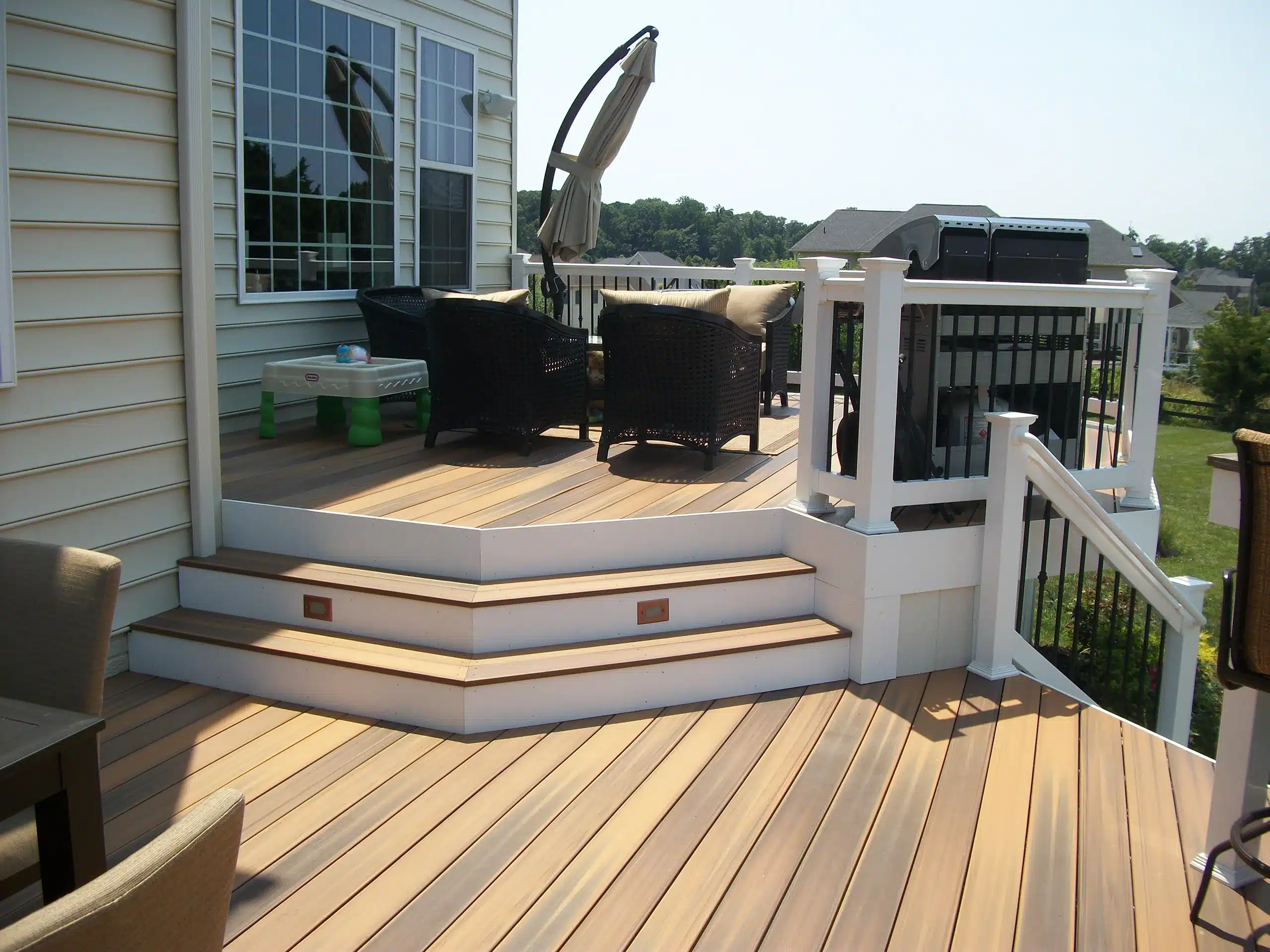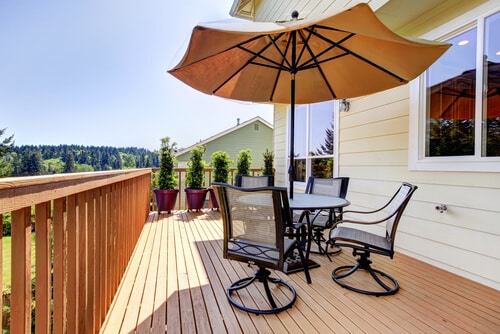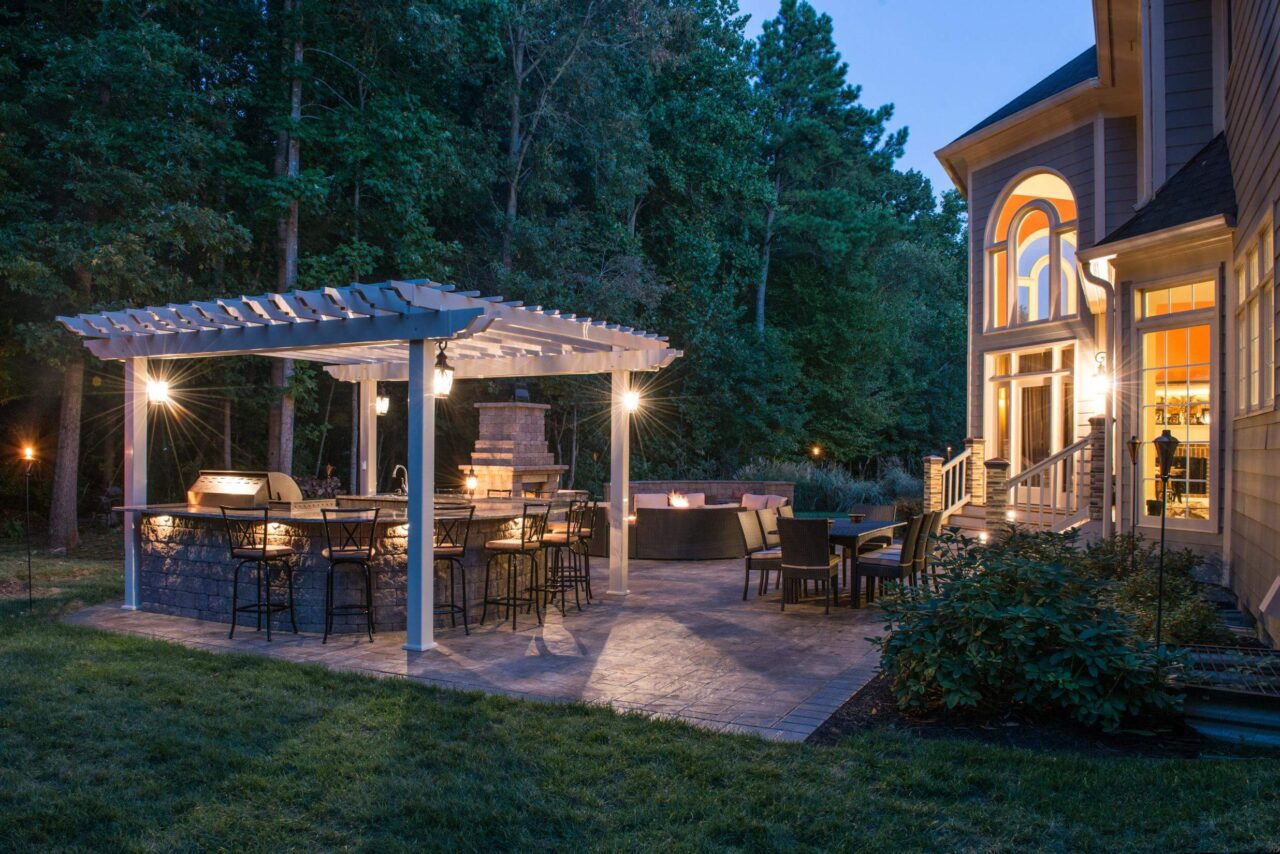Enjoy more time outdoors with a beautiful, low-maintenance deck built just for you
North American Deck & Patio
services
At North American Deck & Patio, we specialize in creating durable, beautiful outdoor spaces that homeowners love. With expert craftsmanship and high-quality materials, we ensure every project enhances your home’s value, functionality, and appeal.
Why Us?
We specialize in custom decks, patios, and hardscaping that enhance your home’s beauty, value, and functionality.
High-quality materials provide strength, durability, and long-term value.
From design to completion, we manage every detail for you.
Custom solutions match your style, needs, and outdoor space.

Gallery
OUR PROCESS
Areas We Serve
About Us
Since 2005, North American Deck & Patio has been dedicated to creating custom outdoor spaces that enhance homeowners’ lives. With a focus on quality craftsmanship, customer satisfaction, and innovative design, we build decks, patios, and outdoor features that provide beauty, functionality, and lasting value. Our commitment to excellence ensures that every project is completed with the highest standards, helping homeowners enjoy their outdoor spaces for decades.














Blog
start your project